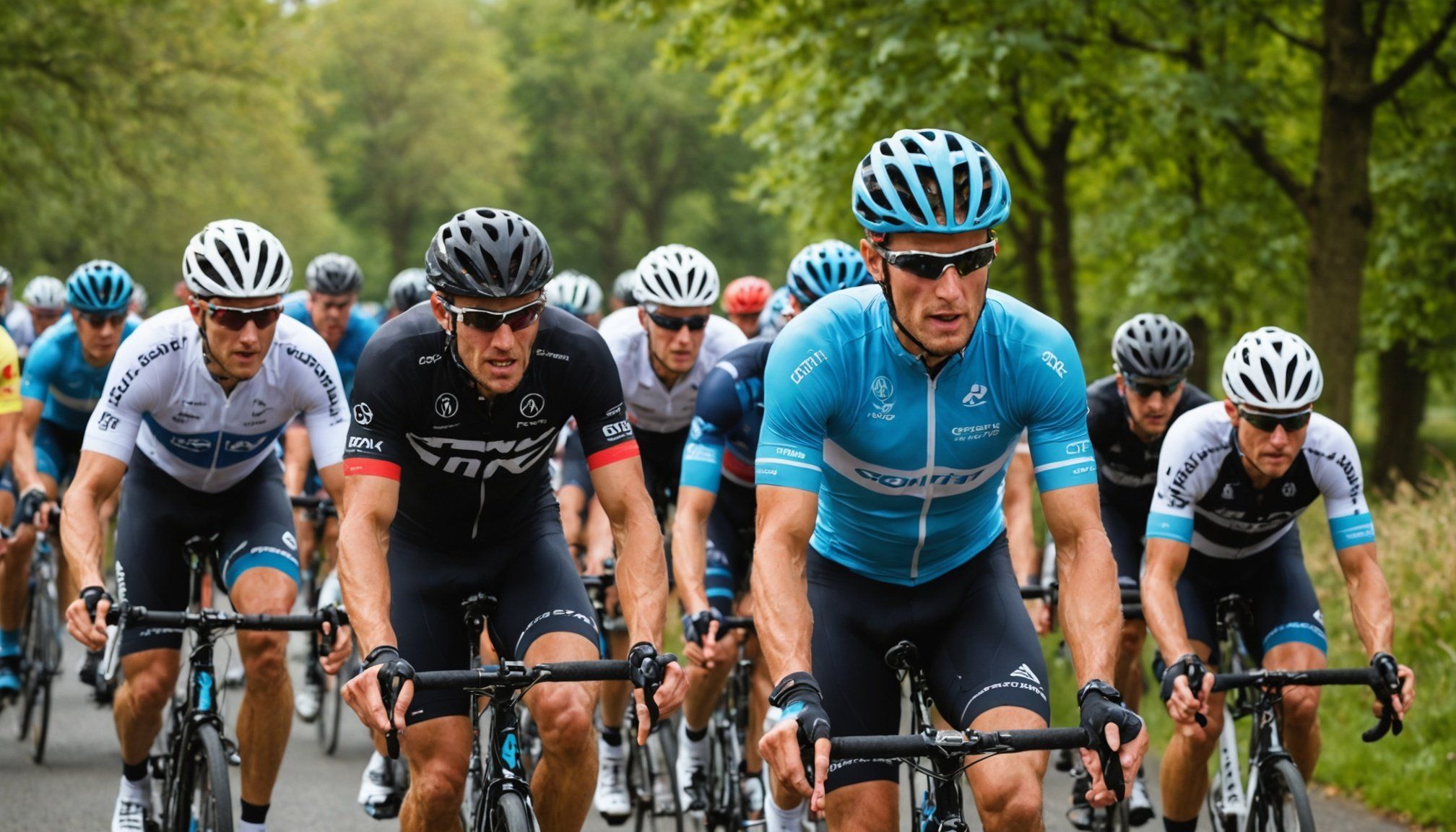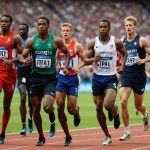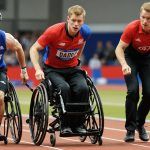Cycling in the UK, with its rolling hills and scenic routes, is both a pleasure and a challenge. As cyclists gear up for races, understanding nutritional needs becomes paramount. To perform at your best, your diet must fuel long rides, aid recovery, and keep you in peak health. This article explores the nutritional strategies essential for cyclists training in the UK, offering insights into optimising your diet for competitive success.
Understanding Macronutrients for Cyclists
Macronutrients form the bedrock of any athlete’s diet, providing essential energy and maintaining bodily functions. For cyclists, balancing carbohydrates, proteins, and fats is crucial for sustaining endurance and promoting recovery.
In the same genre : How often should I service my bike for optimal performance in UK conditions?
Carbohydrates: The Primary Fuel
Carbohydrates are your body’s preferred energy source, especially during endurance activities. It’s critical to consume adequate carbohydrates before, during, and after training to replenish glycogen stores and sustain energy levels.
- Pre-Training: Consuming complex carbohydrates like whole grains or oats can provide steady energy.
- During Training: Simple carbohydrates, found in energy gels or drinks, can offer quick energy boosts.
- Post-Training: Combining carbohydrates with protein helps glycogen replenishment and muscle recovery.
Protein: Building and Repairing Muscles
Protein is vital for muscle repair and growth. As cyclists push their physical limits, adequate protein intake aids in recovery and prevents muscle breakdown.
Have you seen this : What are the essential skills every beginner cyclist in the UK should master?
- Sources: Lean meats, dairy, eggs, and plant-based proteins like legumes are excellent options.
- Post-Workout: Consuming protein-rich foods or shakes shortly after training can enhance recovery.
Fats: Sustained Energy
Healthy fats are key for long-distance cyclists, providing sustained energy levels.
- Incorporate: Avocados, nuts, seeds, and fatty fish into your diet to maintain energy reserves.
Balancing these macronutrients ensures cyclists maintain optimal energy and recovery levels, promoting peak performance.
Hydration: The Cornerstone of Endurance
Hydration is often overlooked but remains a cornerstone of performance for cyclists. In the UK’s variable climate, maintaining proper hydration can significantly affect endurance and results.
Importance of Hydration
- Regulates Temperature: Adequate hydration prevents overheating, a critical factor during intense physical activity.
- Prevents Fatigue: Dehydration can lead to fatigue, reducing performance and increasing the risk of injury.
Strategies for Effective Hydration
- Before Training: Begin hydrating well before your training session, aiming to consume 500ml-750ml of water.
- During Training: Use electrolyte drinks to replenish sodium and potassium lost through sweat, particularly during long rides.
- After Training: Rehydrate with water or isotonic drinks to restore fluid balance and enhance recovery.
By prioritizing hydration, cyclists can maintain energy levels throughout their rides, ensuring they perform at their best.
Micronutrients: The Unsung Heroes
Beyond macronutrients and hydration, micronutrients play a key role in supporting a cyclist’s overall health and performance. Vitamins and minerals act as catalysts for energy production and recovery, making them essential for cyclists training in the UK.
Vital Micronutrients for Cyclists
- Iron: Critical for oxygen transport and energy production. Iron-rich foods like spinach, red meat, and lentils should be staples in your diet.
- Calcium and Vitamin D: Essential for bone health, especially important for cyclists to prevent injuries. Dairy products and sunlight exposure are excellent sources.
- Antioxidants: Vitamins C and E protect against oxidative stress caused by intense training. Oranges, berries, and nuts are rich in these antioxidants.
Incorporating Micronutrients
- Varied Diet: A varied diet ensures a broad intake of necessary vitamins and minerals.
- Supplements: When natural intake is insufficient, supplements can help fill the gap but should be used cautiously and consulted with a healthcare professional.
By ensuring a diet rich in micronutrients, cyclists can support their immune function, improve recovery, and sustain higher energy levels.
Timing and Meal Planning for Cyclists
Beyond what to eat, when you eat dramatically influences your cycling performance. Strategic meal planning aligns nutrient intake with training schedules, optimizing energy availability and recovery.
Pre-Training Meals
- Timing: Consume a balanced meal rich in carbohydrates and moderate in protein 2-3 hours before training.
- Considerations: Keep fiber and fat intake low to avoid digestive discomfort.
During Training Fuel
- Purpose: Maintain energy and prevent fatigue with easily digestible carbohydrates, such as energy bars or bananas, during rides lasting more than an hour.
Post-Training Recovery
- Window: Aim to consume a mix of carbohydrates and protein within 30 minutes to 2 hours post-training.
- Example: A smoothie with Greek yogurt, fruits, and a sprinkle of nuts offers a balanced recovery option.
By adhering to a well-structured meal plan, cyclists can maintain energy levels, reduce fatigue, and accelerate recovery, setting the stage for successful races.
Training for a cycling race in the UK demands a comprehensive approach to nutrition. From understanding the balance of macronutrients and the importance of hydration, to prioritizing micronutrients and strategic meal timing, each aspect is crucial for peak performance. As cyclists navigate the beautiful yet challenging terrains of the UK, ensuring that your diet supports your training endeavors will pave the way for success. By adopting these nutritional strategies, you will not only elevate your performance on race day but also enhance your overall health and well-being as a cyclist.











